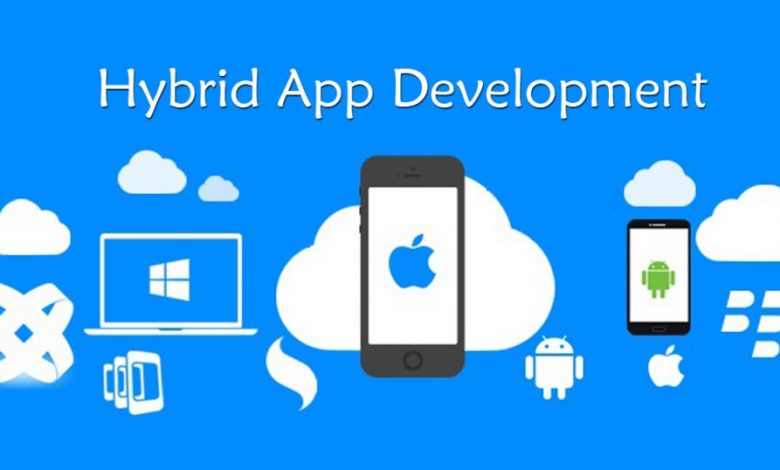Hybrid Mobile App Development

Introduction
The hybrid mobile app development process is a combination of native code and web code to produce a mobile-optimized application. The process is very similar to native app development, but instead of starting with one language, it starts with two.
The process allows developers to use existing web skills in order to create apps that are optimized for mobile devices. Essentially, it lets developers start off with web skills and then easily transition into developing for mobile devices.
Hybrid mobile app development is a way to solve the problem of limitations that come with native apps. Development is done by mixing native functions and web-based functions, or with web frameworks like React Native, Ionic, Apache Cordova, etc.
Hybrid apps are developed with the help of frameworks. Frameworks are necessary to bridge the gap between the two platforms.
The technology underlying this process is HTML5, CSS3, and JavaScript.
To create an app with this type of development, you need to have knowledge in Java as well as Objective-C or Swift for iOS development and Java for Android development.
Why Choose Hybrid Mobile App Development?
Mobile Apps have grown tremendously in these past few years. But the problem is that most of the developers are trying to create separate apps for iOS and Android and it has become costly. The hybrid Mobile Apps development is now emerging as a viable option where one app is developed that works on both iOS and Android platforms.
The main reasons for choosing Hybrid Mobile App Development over Native Mobile App Development are:
– All the user input such as gestures, page transitions, animations, UI elements, etc., will be shared across both platforms.
– One codebase for managing app logic.
– Increased efficiency – less engineering time.
– Reduced cost – 50% of resources required to build two separate apps.
– Sharing resources.
Advantages of Hybrid Mobile App Development
Hybrid mobile app development is a process that uses two or more platforms for the development of the mobile app. It includes the use of webview, which is a web browser embedded in an app. Webview allows you to use HTML5, CSS3, and JavaScript to build the UI and UX for your mobile app.
There are many advantages of hybrid apps over native apps. One of them is that it can be used with any platform or device while only needing one codebase – making it very easy to maintain your app’s lifetime. Another advantage is that it does not require a separate developer for each platform which helps reduce cost and time-to-market for an enterprise while also increasing ROI.
It’s become more popular due to its simplicity and less time-consuming compared to developing two separate platforms using HTML5 or Hybrid Website Development.
Some advantages of having a hybrid mobile app are increased speed, increased security, reduced cost, and compatibility with all platforms.
React Native App Development Services are being used in a large number of hybrid projects. Entrepreneurs are in search of a renowned hybrid app development company to create a technically competent product.






